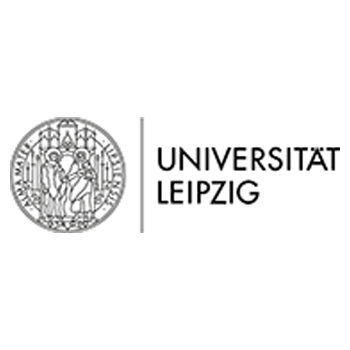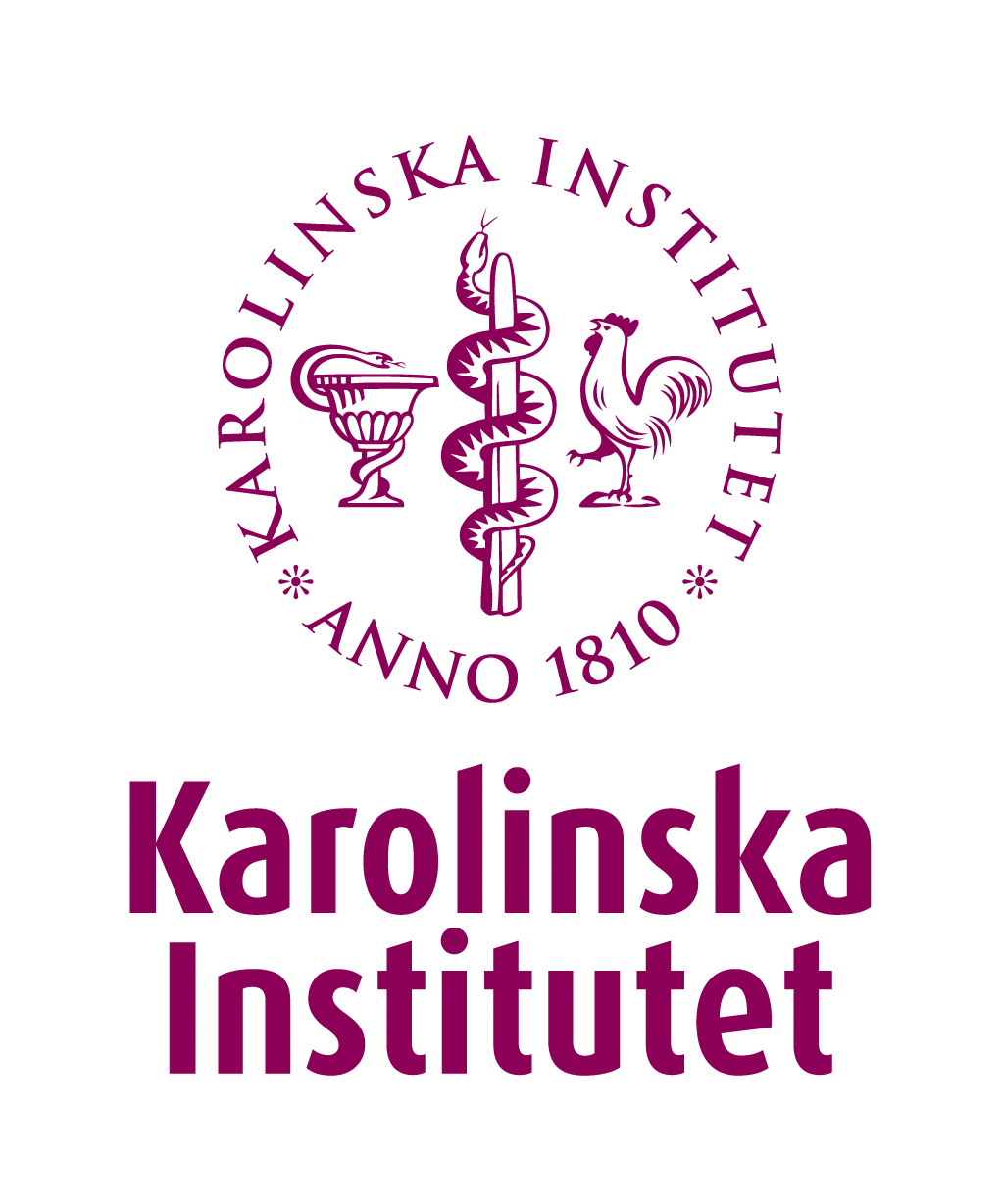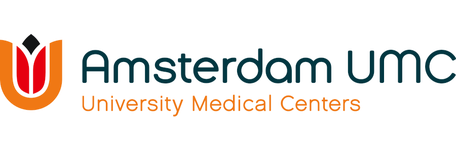Snabbfakta
-
- Groningen
- Heltid
- Rekrytering
Kategorier:
- Hälsovetenskap
Titlar:
- Doktorand
Ansök senast: 2024-12-18
PhD student Implementation of Symptom Monitoring in Oncologic Palliative Care
This research project will be conducted within the department of Medical Oncology of the University Medical Center Groningen (UMCG) Comprehensive Cancer Center (CCC). The UMCG CCC is one of the leading cancer centers in Europe, certified by the Organisation of European Cancer Institutes. It combines all the expertise needed to ensure top-of-the-line care for patients diagnosed with cancer. The research project you will be working on as part of your PhD is part of our ‘Quality of Life’ section. Research in this section includes research projects and clinical trials aimed at alleviating symptoms and improving quality of life of oncology patients in both the short and long term.
About the project
In 2021, 45,863 people in the Netherlands died from cancer, highlighting the importance of palliative care for a large group of cancer patients. Patients with incurable cancer often experience various symptoms such as pain, fatigue, shortness of breath, constipation, and anxiety, which can occur simultaneously. As the disease progresses, the number and severity of symptoms increase. Even mild symptoms can significantly impact patients’ quality of life and daily activities. In daily care, it is challenging to accurately map all the symptoms a patient experiences, often leading to suboptimal symptom management. The implementation of symptom monitoring can help reduce symptoms. Symptom monitoring involves patients indicating the severity of their symptoms, allowing healthcare providers to quickly intervene to alleviate them. This has several benefits, such as fewer symptoms, fewer emergency room visits, and fewer hospital admissions, improving overall quality of life. Various approaches to symptom monitoring have been investigated, from paper questionnaires to web-based apps. However, large-scale and effective implementation that meets the majority of patients’ needs is logistically challenging and often unsuccessful. Many initiatives start locally but fail to expand nationally due to inadequate initial design support. To realize symptom monitoring in the Netherlands, the Dutch Expert Centers for Palliative Care can learn from successful implementations elsewhere. For example, in Ontario, Canada, the Edmonton Symptom Assessment System (ESAS) has successfully established a program to monitor common symptoms. Such successful implementations are often linked to national registries. The Netherlands can adopt a similar approach and set up a symptom monitoring system with centralized data collection and analysis to improve palliative care.
Your role in the project
Together with a postdoctoral researcher and another PhD student, you will work on implementing the symptom monitoring system. You will also collaborate with a PhD student appointed at UMCU in Utrecht, who will focus on the implementation strategy. This includes examining the effect of the implementation strategy on implementation, service, and user outcomes. Furthermore, you will work with the data collected through the symptom monitoring system. You will be involved in collecting and making the data available from the various participating organizations. We closely collaborate with IKNL and several Dutch hospitals. This data can provide insights into the variation of symptoms and symptom management. The data will also be presented to all project stakeholders. Finally, a business case will be written to ensure the developed tool can be used sustainably. By the end of the project, you will have learned a lot about symptom monitoring and setting up IT systems in healthcare, and you will be ready to complete and defend your PhD thesis.
Requirements
- You have an MSc in a field related to this project. For example: Medical Informatics, Biomedical Sciences, Health Sciences, Medicine, etc.
- You have an affinity for, and preferably experience with, data collection and processing of big datasets in a healthcare setting.
- You have an interest in science and oncology.
- You are enthusiastic, ambitious, and eager to learn.
- You possess excellent communication skills and a flexible work attitude.
- You can speak, read, and write English (Dutch is not required)
Conditions of employment
You will receive a 36-hour per week employment contract for one year, with the prospect of a three-year extension upon good performance. The salary is at minimum €3,017 gross per month in the first year and up to €3.824 in year 4 (scale PRO), depending on education and experience, based on a full-time position. In addition, the UMCG will offer you 8% holiday pay, and 8.3% end-of-year bonus. The conditions of employment comply with the Collective Labour Agreement for Medical Centres (CAO-UMC). UMCG has a preventive Hepatitis B policy. If required for the position, UMCG can provide the vaccination. For certain professions, a Certificate of Conduct (VOG) is required upon employment.
Department
Medische Oncologie
The Department of Medical Oncology at UMCG includes clinicians, molecular biologists, and pharmacists of various nationalities working closely together in a stimulating environment with the common goal of improving cancer patient treatment. The department conducts research on the diagnosis and treatment of cancer patients and works on identifying and characterizing new therapeutic targets, developing better molecular imaging strategies, and molecular biomarkers for tumor detection and patient monitoring. The Department of Medical Oncology is part of the “Graduate School of Medical Sciences” (GSMS) of the University of Groningen. Additionally, the education and training of students and young scientists is one of our main activities within the department.



